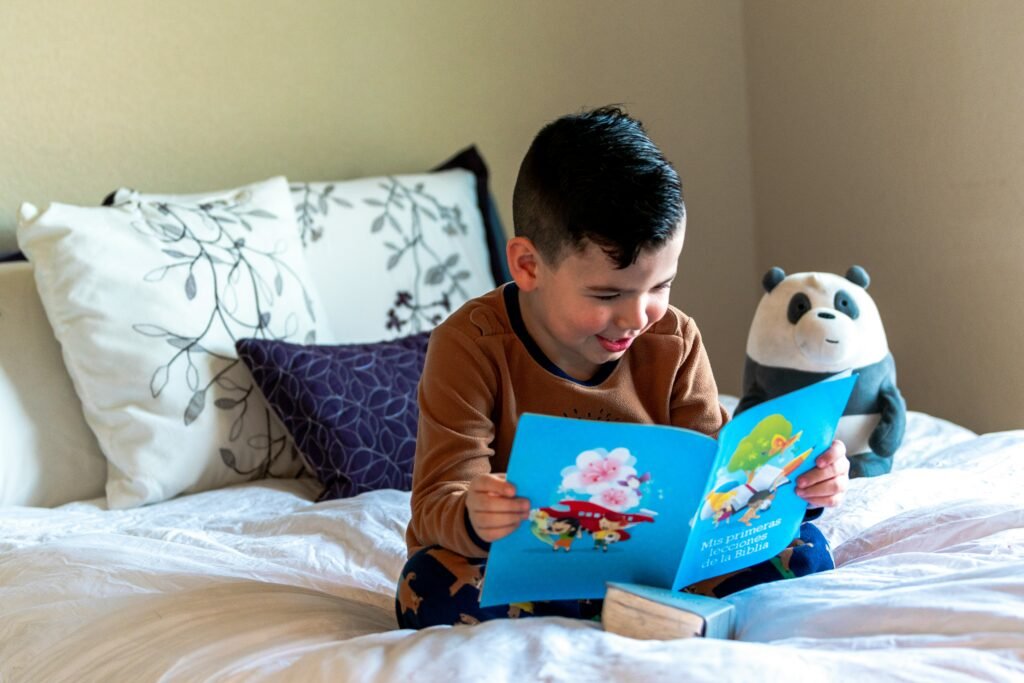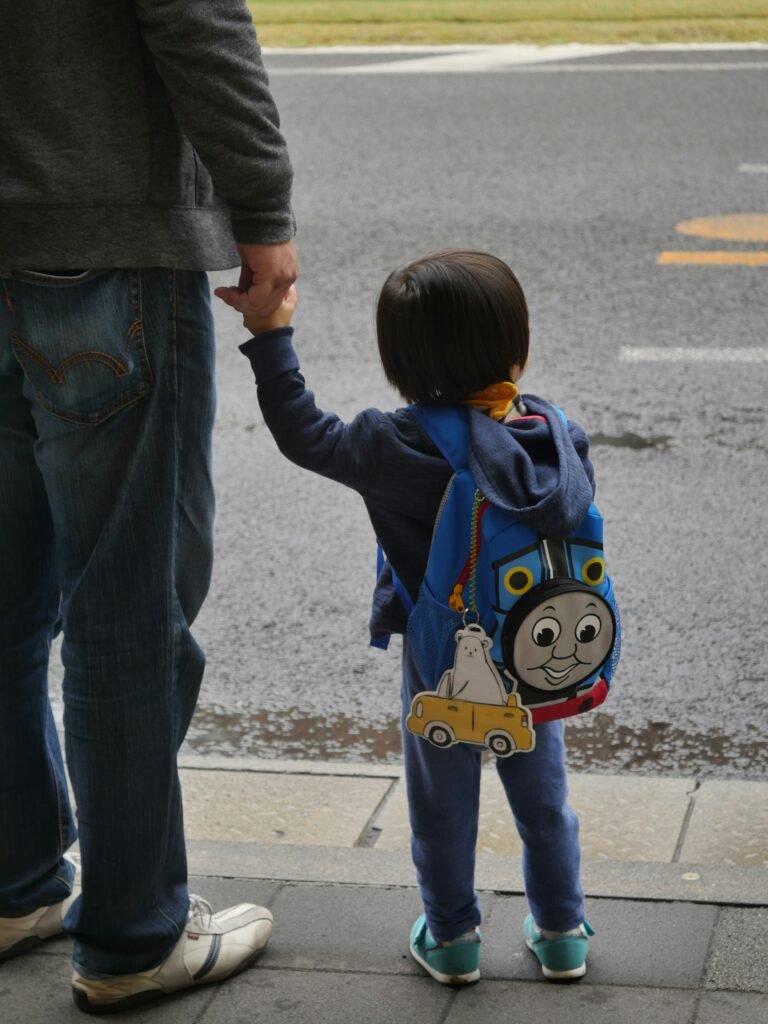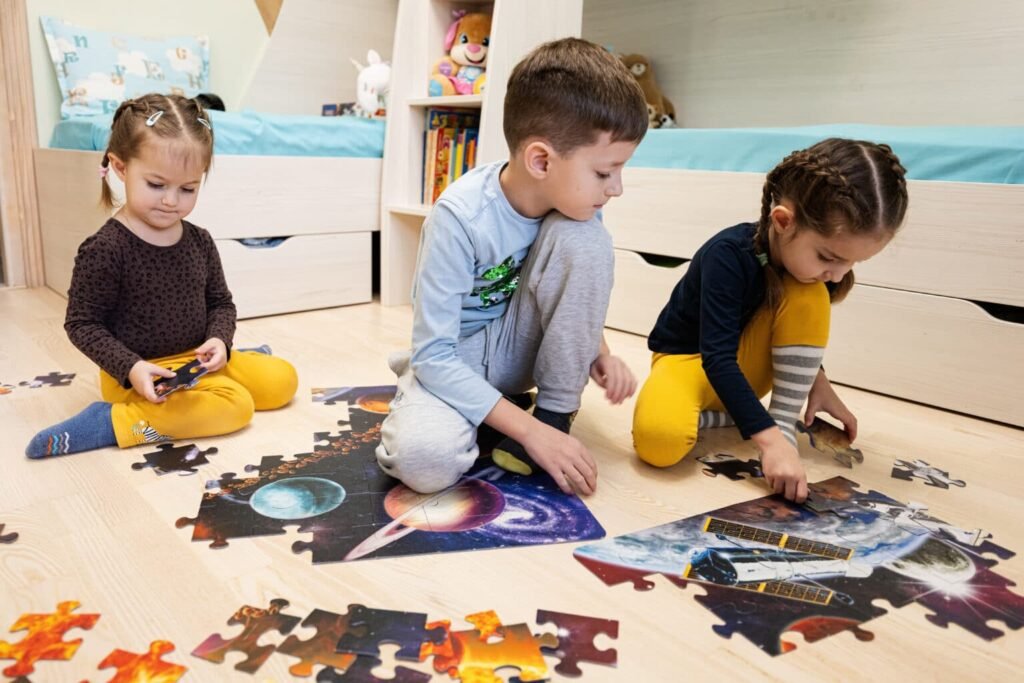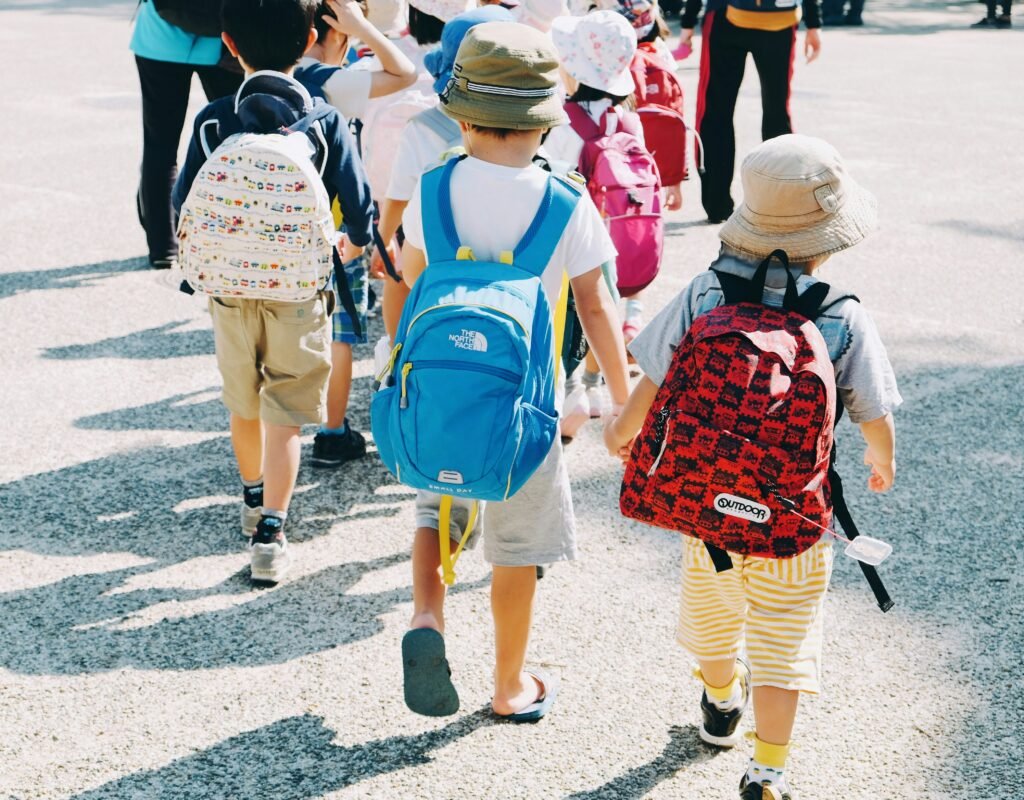Get Preschool Ready: Skills to Practice at Home with Your Child
Starting preschool is a huge milestone—for both children and their parents. It’s an exciting step toward independence, learning, and social growth, but it can also bring a mix of emotions. The good news? There are many simple ways you can help your child feel confident and ready for this new adventure.
Here are some practical and developmentally appropriate skills to focus on before the first day of preschool.

1. Practice Self-Help Skills
Preschool teachers don’t expect perfection, but building independence in daily routines helps children feel more confident. Start by encouraging your child to:
– Use the bathroom independently, including wiping and washing hands
– Put on and take off their own coat or backpack
– Open snack or lunch containers (you can practice this at home!)
– Clean up after themselves with simple chores like putting toys away
2. Practice Saying “No” Calmly at Home
Learning to hear the word ‘no’ or wait for a turn without melting down is a valuable preschool skill. Help your child get used to hearing and accepting limits in a loving environment. Try setting gentle boundaries at home and teaching calming strategies:
– Deep breathing (‘smell the flower, blow out the bubble’)
– Using words to express frustration
– Practicing short waiting times with timers or games
Don’t expect perfection—just help them build resilience over time.
3. Build Listening Stamina
Listening to a story or sitting in a group for a few minutes can be challenging for young children. Start small and build up:
– Read aloud daily, even if it’s just one short book
– Ask questions like “What do you think will happen next?”
– Try activities that build focus, like puzzles or matching games.

4. Encourage Responding to Adults
It’s helpful when children can respond to a greeting or a simple question from a teacher. You can practice this through:
– Role-playing morning drop-off scenarios
– Teaching phrases like “Hi,” “Bye,” “Thank you,” and “Yes” or “No”
– Gently prompting them to answer when spoken to by a trusted adult
5. Practice Short Separations
If your child hasn’t spent much time away from you, try short, positive separations to build trust:
– Leave them with a relative or babysitter for a short visit
– Talk positively about returning and always say goodbye (don’t sneak out)
– Use a comfort object or goodbye routine to ease the transition

6. Establish Simple Routines
Children thrive on routine. Begin setting a consistent wake-up, mealtime, and bedtime routine similar to what school days will look like. This helps their bodies and minds adjust ahead of time.
7. Encourage Play with Peers
Preschool involves lots of group interaction. Arrange playdates or attend story time at the library so your child can:
– Practice sharing and turn-taking
– Use words to ask for help or join in
– Get comfortable with other children in a group setting

Final Thought
Every child develops at their own pace, and preschool teachers understand that children arrive with different strengths. You don’t need to master every skill before day one—but giving your child a head start with these basics will make the transition smoother for everyone. Most importantly, talk about preschool with excitement, and remind your child that they are capable, ready, and loved so much!

